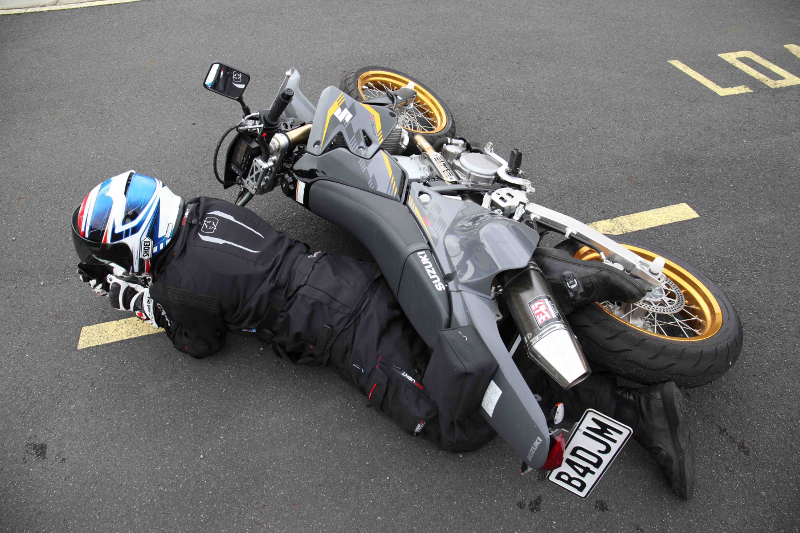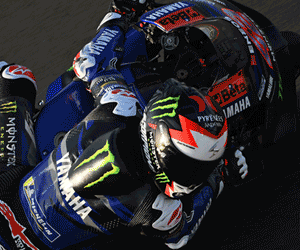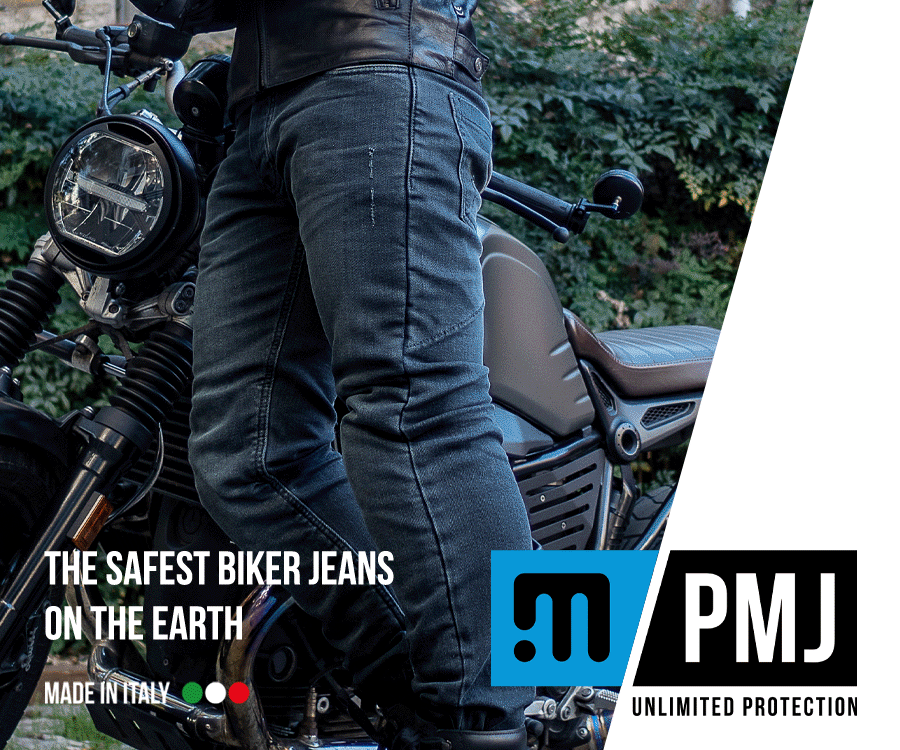Not sure what all the paperwork actually means? Here’s the low-down on how to sort your insurance in plain English, from the inside.
Words: Protecta Insurance
An insurance policy is a legal contract between the policy holder and the insurer, whereby the insurer agrees to compensate the policy holder for damage or loss occurring under certain situations. This is, of course, in return for payment of your premium (which is the cost of the insurance contract). Most insurers offer a range of policy types, which all have varying levels of cover, so it’s important to make sure that you have a policy that provides appropriate cover for your needs.
Typical protection most riders look to have for their motorcycle includes:
– Accidental damage occurring in an accident
– Malicious damage
– Theft of your motorcycle, or damage done during attempted theft
– Loss of your motorcycle by fire
In addition to the above situations that cover your own motorcycle, it’s a good idea to protect yourself against repercussions if you cause damage to someone else’s property (with the “someone else” typically known as the 3rd Party; ie someone other than you or your insurer). This means that if you are responsible for an accident then your policy will cover the cost of putting right the damage you cause, so that you don’t have to. Most people tend to think of this in terms of accidents, but many policies also cover rural and forest fires as in New Zealand you can be held liable for firefighting costs if you accidentally set fire to a forest.
For most road-going motorcycles, a Full Cover policy is the most logical option as it will cover all of the above situations, and in most cases will provide additional cover as well. This additional cover may include things such as roadside assistance, or cover for damage to your riding gear.
In addition to Full Cover, most insurers will offer policies with less cover in return for a cheaper premium. This would typically be something like 3rd Party, Fire and Theft cover, which covers your liability should you damage someone else’s property, and also cover your bike if it’s damaged by fire or gets stolen. However the downside to these policies is that if you are involved in an accident then the policy won’t cover costs to repair your own bike, meaning it’s only really suitable for very low value bikes. An even lower form of cover is Third Party Only, but this cover only protects your liability and doesn’t provide any cover for your own vehicle.
If you have a bike that isn’t used on the road (such as a dirt bike, or a race bike) then your options are generally to have Fire and Theft Only cover or Fire, Theft and Transit cover. Again, these are typically much cheaper than Full Cover in return for less cover. Fire and Theft only is normally used for bikes that are in storage, but Fire, Theft and Transit will also give you cover for accident damage caused while the bike is being transported. Always read the fine print around what is deemed “in transit”, as some policies are quite restrictive while other policies can extend this to include damage anytime the bike isn’t being ridden.
As with any legal contract, it’s important to read the paperwork carefully. The policy holder does have obligations under the policy; some of the important ones are:
– You must inform the insurer of all facts that could affect whether the insurer would agree to issue the policy (and on what terms), including updating the insurer of any change in circumstances during the term of the policy. Failure to do so, or lying about your circumstances could cause the policy to be cancelled or a claim to be declined, so it’s important to be open and honest when taking out the policy.
– You must keep the motorcycle in a roadworthy condition, meaning if it is a road-going motorcycle then it must be up to WOF standards, even in between WOF checks.
– You must take reasonable steps to prevent unnecessary loss. This includes making sure the bike is secured against theft when it’s left unattended, and not riding it in a manner that is likely to cause an accident.
The most common scenario where you would need to make a claim is following an accident. Having a crash on your motorcycle is never a pleasant experience and it can be a confusing time with a lot going on so one of the most important things you can do is to remain calm. Take deep breaths, and try to remember the following steps:
– Safety first – secure the scene. Make sure everyone is safe, the health and well-being of the people involved needs to always come first – if you or anyone else needs medical assistance, call 111 immediately. If possible, post a helper to warn oncoming traffic of the accident until you have time to clear the road. If an ambulance has been called, make sure room is cleared for the ambulance to get as close to the scene as possible, and have your helper guide it in when it arrives.
– Do not admit liability. Don’t try to apportion blame at the side of the road, just make notes about the crash, and if possible sketch a quick diagram or take some photos of the crash scene. It’s up to the insurance companies to work out who was at fault, and rest assured your insurer will act in your best interests (as they are also their best interests).
– Obtain the other vehicles details. Note the make model and registration number of the other vehicle, and also get the drivers name, phone number, address, drivers licence number and the name of their insurer. Try to note exactly where the accident happened, and which direction each vehicle was travelling.
– See if there were any witnesses. If there were, also get their name, phone number and address.
– Secure your motorcycle. Take all reasonable steps to secure your motorcycle and prevent any further damage or loss. Your insurance policy should include recovery expenses, so if you require towing let the insurer know and they can organise for a tow truck suitable for carrying your motorcycle to take it to a repairer. Only ride your motorcycle if the damage is very minor and you are 100% sure it is safe to do so.
– Contact your insurer. Call or email them to advise them of the accident, and they’ll be able to help you with what to do next.
The above list is just a guide; each accident scene is different. If there are any injuries, you must report the accident to the Police, and it’s important to obtain medical assistance if you suspect anyone may have been hurt. In general, the more information you can provide to the insurer on the details of the accident, the faster they can have your claim settled, so try to make notes on everything while it is still fresh in your mind.














